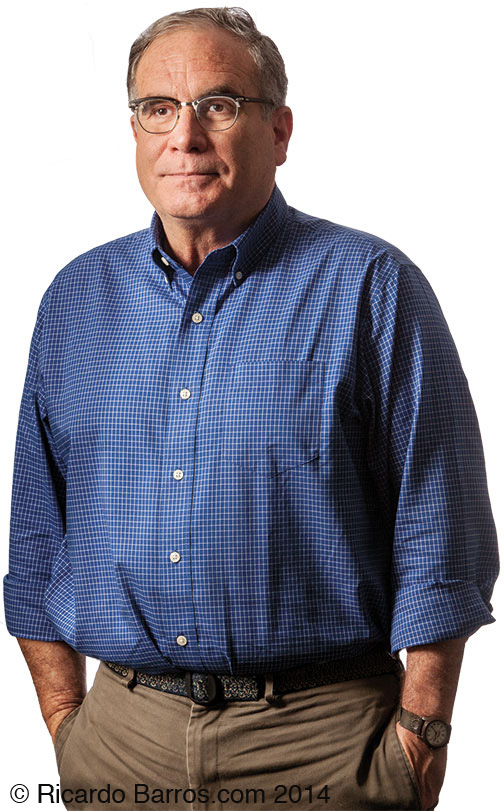When a volcano erupted in Iceland in 2010, sending plumes of thick ash into the sky, the effects rippled across the world. Flights over Europe were canceled for six days. Industries worldwide were impacted, from fashion houses to electronics companies.
The effects on economies far from Iceland are byproducts of the global interdependence that has taken hold in the last 30 years, says sociology professor Miguel Centeno. Complex systems have evolved that control our food supply, air travel, and banking, and while these systems have boosted efficiency, an isolated event quickly can turn into a worldwide crisis. Centeno spoke to PAW about an interdisciplinary group of 30 Princeton scholars he has brought together to better understand the nature of that risk.
Your research group, “Global Systemic Risk,” is examining the downsides of so many of our systems being interconnected. Why?
The interdependence of these massive global interactions and structures has grown exponentially since the 1970s, and it threatens political, economic, and financial systems that affect citizens of every nation. There are billions and billions of interactions, all happening at amazing speeds. By a standard of efficiency and effectiveness, all of this makes sense, but you are paying for that efficiency. We need to step back and say: Are we comfortable with this?
How does this interdependence affect the world’s food supply?
Take Puerto Rico, for example. It usually has only two weeks’ worth of food. Is it more efficient for Puerto Rico to import much of its food? Yes, but it is more fragile if something goes wrong — if, say, a port has to be closed because of weather.
We held a two-day conference with more than 25 scholars in October to look at systemic risk in global agriculture, and to explore what could go wrong and what we can do about it. The penetration of very cheap food undermines local agriculture. For example, Somali pirates used to be fishermen, but the fish stocks off the Horn of Africa have been thinned by industrial global fishing that goes to feed people thousands of miles away. Now the fishermen have no more fish to catch, so they threaten the delivery of food aid.
Is the current Ebola crisis another example of this phenomenon?
If it weren’t for globalization, we wouldn’t have heard of Ebola. It would disappear once it had consumed its host population. Because of urbanization, it could spread to much larger host populations, and because of globalization, jump on a plane.
What’s your biggest concern?
The Internet. It’s the background infrastructure for just about everything — it is the equivalent of the widget that nothing runs without. For manufacturing, sales, and banking, one small thing can bring enough of the system down that it may be impossible to recover. You don’t need sabotage — the system itself might fail. If we went back to 1975 technology, we would have to dismantle ships and planes so they could work without using the Internet.
Interview conducted and condensed by J.A.













No responses yet